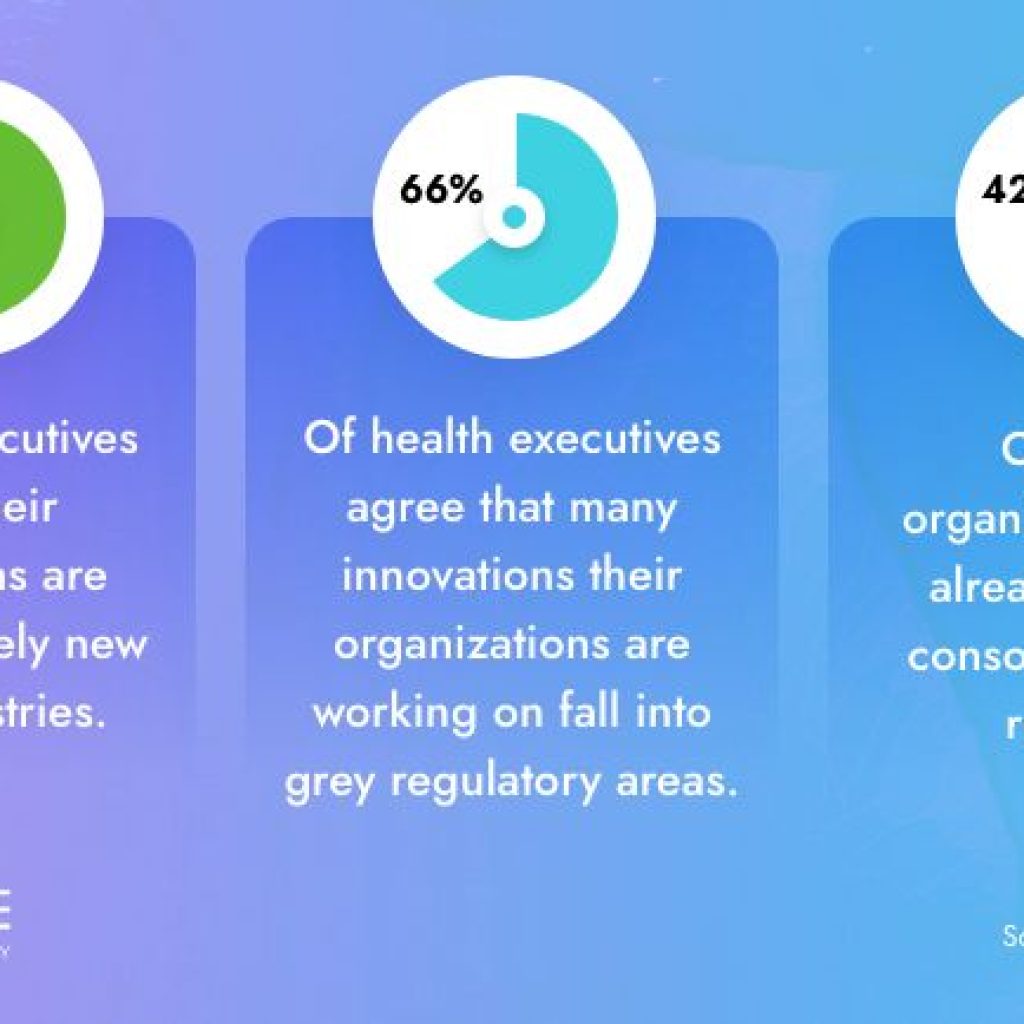The rise of generative artificial intelligence (AI) technologies, exemplified by systems like ChatGPT, has prompted regulators worldwide to establish rules and regulations governing their use. South Korea is stepping up to the challenge by preparing to implement normative systems for burgeoning AI technologies, aiming to set a benchmark for other countries in data protection and industry regulation. In an exclusive interview with The Korea Herald, Ko Hak-soo, chairman of Korea’s Personal Information Protection Commission (PIPC), outlined South Korea’s vision for shaping AI regulations and data protection on the global stage.
Korea’s PIPC Chief aims for global leadership
Ko Hak-soo, who took office as head of the PIPC in October the previous year, has been actively engaged in discussions surrounding data privacy and AI policies. Notably, he has been appointed as a member of the United Nations’ high-level advisory body on AI, underscoring Korea’s prominence in international AI governance.
In the interview, Ko emphasized South Korea’s commitment to becoming a leader in setting AI guidelines worldwide. While acknowledging that the European Union (EU) and the United States have taken the lead in regulating AI, he highlighted the need for Korea to forge its own path, considering its unique AI ecosystem, which boasts one of the densest AI scaleup environments globally and is home to IT giants like Naver and Kakao.
Korea’s approach to AI regulation aims for balance and responsiveness. Unlike the EU, which has adopted a comprehensive and risk-based approach to AI, Korea seeks to create normative systems that align with its distinct features and burgeoning AI industry.
“We need to come up with more balanced normative systems while stepping up global cooperation in effectively responding to the technology,” Ko stated.
Korea’s unique AI ecosystem
Korea’s AI landscape sets it apart from other nations. With a thriving AI scaleup ecosystem and major tech companies headquartered within its borders, Korea is uniquely positioned to make significant contributions to the development of AI regulations that balance industry growth and personal information protection.
Ko pointed out that the country’s AI sector has been under consideration for over five years, demonstrating Korea’s proactive stance in addressing AI-related issues. The PIPC, as a central administrative agency, holds an unrivaled position in Asia when it comes to directing national AI data strategy.
Global leadership through upcoming events
Korea is gearing up to host two major global events that will further solidify its position as a leader in AI regulation and data protection.
1. Mini Virtual Summit: In collaboration with Britain, Korea will host a mini virtual summit as part of the Global AI Safety Summit. This event will assess progress in facilitating global cooperation in the AI sector, building upon the inaugural event held in the UK earlier in the year.
2. 47th Global Privacy Assembly (GPA): The unanimous decision to select Korea as the host for the 2025 GPA meeting was announced during this year’s gathering in Bermuda. The GPA is the world’s largest global consultative body for privacy dialogues and collaboration, involving 137 organizations from 89 countries, including Korea, the US, the EU, and Japan. Hosting this meeting is expected to raise Korea’s profile in AI and privacy discussions and allow the PIPC to showcase its role in safeguarding personal information.
Ko expressed confidence in hosting these events, emphasizing South Korea’s advanced AI technology and its readiness to introduce regulations that adhere to global standards. These gatherings are seen as pivotal opportunities to shape universal guidelines on AI, further solidifying South Korea’s leadership in this rapidly evolving field.
As generative AI technologies continue to transform various industries, South Korea is positioning itself as a trailblazer in regulating and protecting data in the AI era. The efforts of Ko Hak-soo and the PIPC underscore Korea’s commitment to balancing industry growth with personal information protection, setting its own path distinct from the approaches of the EU and the US. With upcoming global events and active participation in international forums, South Korea is on track to become a key influencer in shaping the future of AI regulation and data protection worldwide




